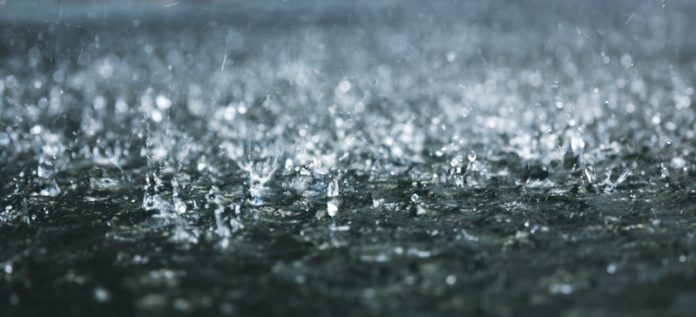Water UK explains the environmental as well as money saving benefits of recycling and re-using rainwater
It might seem difficult to believe but it was only 3 years ago that parts of Britain were starting to recover from 2 years of extremely low rainfall, followed by intense storms and wet weather. Dry, cold, wet, hot – the meteorological rollercoaster ride of the past 3 or 4 years has been exceptional.
These are impacts of climate change and we must take action now so we can avoid potentially catastrophic situations in the future where for example, we experience water shortages followed by extreme flooding.
Storing rainwater better when it falls, and using it more efficiently is essential. The South-East of England is already densely populated and there is little, if no room to create new reservoirs. These also cost huge amounts of money to build, so we need to look at cheaper and better ways.
With this in mind, water re-use and rainwater harvesting is one of our options. This can be anything, from keeping a water butt in your back garden for watering your plants, to having water treatment equipment and systems in individual homes or industrial sites.
In the UK, we use around 150 litres a day of water and about 50 of these litres is used for flushing the loo. By recycling ‘greywater’ from showers and basins through retreating it on site, customers could save water and therefore potentially save money on their bills in the long-term Some households use up to 15 litres a day for gardening – another good example of where water and money could be saved.
There are also many environmental benefits of re-using water. This would stop us from having to take so much water from sources such as underground aquifers, rivers, lakes and canals. The effects of over-abstraction include disrupting eco-systems in rivers and waters and affects fish and other wildlife. Over-abstraction of aquifers can cause water tables underground to sink further which in turn makes it costlier to pump the water up.
But despite the many benefits, water re-use and recycle schemes have not yet taken off in the UK. Water UK, with the Environment Agency, Defra, and the University of Brighton, have been working together to understand and hopefully remove the barriers to allow greater take up of water efficiency measures. We know that:
– Codes and standards sometimes prevent greater use of these schemes rather than encourage them;
– The technology can be difficult to maintain or costly in terms of energy use;
– People are not yet convinced that recycled water can be used and that there are very high quality standards to be met.
Domestic water recycling or reuse schemes will most likely be costly at first. This is especially the case with retro-fitting homes and buildings for example, with a greywater reuse scheme. The hope is that new homes will have water re-use systems built-in from the beginning, but again so far the costs have proven to be a barrier.
But there are some examples of where large-scale schemes are being put in place. Cambridge University is building a site to accommodate 2000 post-graduate students, with academic and commercial research buildings, community facilities including retail units, a community centre and primary school. The site includes a series of lagoons and swales and will be the UK’s largest rain-water recycling system. It will enable rainwater to be collected, stored and treated, before it is pumped back into the homes on the site for non-potable water uses such as irrigation and toilet flushing.
It may be that re-use and harvesting schemes will have only a small part to play in reducing overall water consumption. But nevertheless, it’s important that innovation is supported and developers are given more encouragement and incentives to consider re-use schemes on new sites.
Water UK











